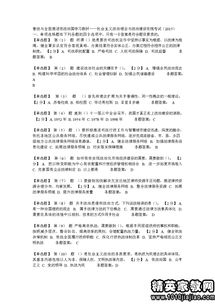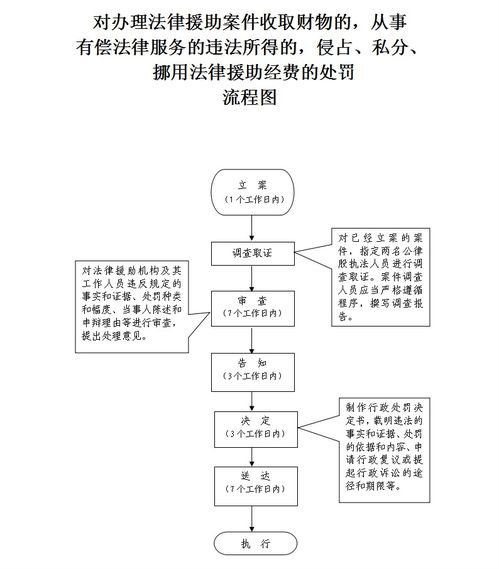Title: Understanding Legal Rights in Lease Agreements
In the realm of property law, the concept of leasing involves granting the right to use a property for a specified period, typically in exchange for rent payments. Whether you're a landlord or a tenant, understanding the legal rights involved in lease agreements is paramount for a smooth and mutually beneficial arrangement. Let's delve into the key legal permissions and obligations for both parties:
Landlord's Rights and Responsibilities:
1.
Right to Lease Property:
As the property owner, the landlord has the inherent right to lease their property to a tenant. This includes setting the terms and conditions of the lease agreement, such as rent amount, duration, and usage restrictions.2.
Receive Rent Payments:
One of the fundamental rights of a landlord is to receive rent payments from the tenant in a timely manner as stipulated in the lease agreement.3.
Property Maintenance:
While the tenant is responsible for daytoday upkeep, the landlord is typically obligated to maintain the property's structural integrity and ensure it meets certain standards of habitability as required by law.4.
Access to Property:
Landlords usually have the right to access the rented property for specific purposes, such as repairs, inspections, or showing the property to prospective tenants or buyers. However, they must provide reasonable notice to the tenant except in cases of emergency.5.
Eviction Rights:
In situations where the tenant breaches the lease agreement, such as nonpayment of rent or significant property damage, the landlord may have the right to evict the tenant through legal channels after following due process as outlined by local laws.Tenant's Rights and Responsibilities:

1.
Right to Occupy Property:
Tenants have the legal right to occupy the leased property for the duration specified in the lease agreement, as long as they abide by the terms and conditions set forth therein.2.
Quiet Enjoyment:
Tenants are entitled to "quiet enjoyment" of the property, which means they have the right to use the premises without interference from the landlord or others, provided they comply with the lease terms.3.
Payment of Rent:
The primary responsibility of the tenant is to pay rent in full and on time as specified in the lease agreement. Failure to do so may result in penalties or eviction proceedings.4.
Property Maintenance:
While landlords are responsible for major repairs, tenants are typically expected to maintain the property in a clean and habitable condition, which includes basic cleanliness and adherence to any specific maintenance obligations outlined in the lease.5.
Privacy Rights:
Tenants have the right to privacy within their rented premises. Landlords must provide advance notice and obtain consent before entering the property, except in cases of emergency.Additional Considerations:
1.
Legal Formalities:
Lease agreements should be in writing to avoid misunderstandings and protect the rights of both parties. It's advisable to consult with a legal professional to ensure the lease complies with local laws and adequately addresses the rights and responsibilities of each party.2.
Security Deposits:
Landlords often require tenants to pay a security deposit upfront, which serves as a safeguard against potential damages or unpaid rent. State laws typically regulate the handling of security deposits, including the conditions under which they can be withheld.3.
Dispute Resolution:
In the event of disagreements or disputes between landlords and tenants, both parties should attempt to resolve the issue amicably through communication or mediation. Legal action should be considered as a last resort.Understanding the legal rights and responsibilities inherent in lease agreements is essential for both landlords and tenants to foster a mutually beneficial and harmonious rental relationship. By adhering to the terms of the lease and respecting each other's rights, both parties can enjoy a smooth and troublefree leasing experience.








